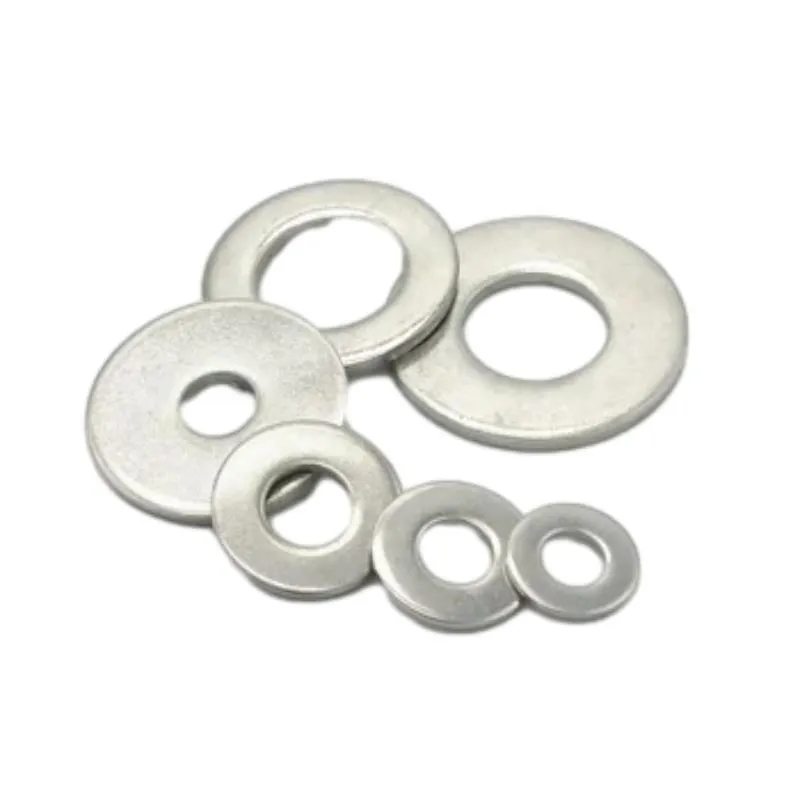Aug . 13, 2024 17:06 Back to list
Exploring the Essential Role of Factory Bolts in Industrial Manufacturing and Construction Processes
Understanding Factory Bolts Essential Components in Manufacturing
In the world of manufacturing, seemingly small components can play a crucial role in the overall functionality and durability of a product. Among these components, factory bolts are foundational elements that ensure successful assembly and operation. Understanding the significance, types, and applications of factory bolts can provide valuable insights into their importance in the manufacturing process.
What are Factory Bolts?
Factory bolts are mechanical fasteners designed to hold multiple parts together securely. They consist of a head and a cylindrical body (shank) with threads that allow them to be screwed into a corresponding nut or a pre-tapped hole. These fasteners come in various shapes, sizes, materials, and strength levels, making them adaptable for numerous applications across different industries.
Types of Bolts
1. Hex Bolts These are among the most common types of bolts used in manufacturing. They have a hexagonal head, which allows for easy tightening and loosening with a wrench. Hex bolts are particularly suitable for securing metals and are used in structures requiring strength, such as bridges and buildings.
2. Carriage Bolts Characterized by a rounded head and a square neck, carriage bolts are often used in wooden structures. The square neck prevents rotation when the nut is tightened, making them ideal for applications where only one side is accessible.
3. Lag Bolts These heavy-duty bolts are designed for fastening wood. With a thick shank and coarse threads, lag bolts are excellent for situations requiring a strong hold, such as in furniture assembly or building frameworks.
4. Machine Bolts These bolts feature a flat or rounded head with a uniform shank. Machine bolts are commonly used to fasten metal parts together, especially in machinery, where precision and strength are paramount.
factory bolts

5. Socket Head Cap Screws These bolts have a cylindrical head and are driven by an internal hexagonal socket. They are typically used in applications where space is limited, providing a compact and strong fastening solution.
Materials Used in Factory Bolts
Factory bolts can be made from a variety of materials, each selected based on the intended application. Common materials include
- Steel Known for its strength, steel is frequently used in heavy-duty applications. It can be coated with zinc or other materials to resist corrosion. - Stainless Steel This material is highly resistant to corrosion and is perfect for applications exposed to moisture or harsh environments, such as marine applications. - Aluminum Lightweight and resistant to corrosion, aluminum bolts are often used in aerospace and automotive applications, where weight reduction is crucial. - Plastic In low-strength applications, plastic bolts can be used, particularly in environments where metal would corrode.
Applications of Factory Bolts
The applications for factory bolts are vast and varied. In construction, they hold together beams, trusses, and frames. In automotive manufacturing, bolts are essential for assembling engines, body panels, and suspension systems. In electronics, they help fasten circuit boards and other components within devices. Their versatility extends to furniture manufacturing, machinery assembly, and even aerospace industries.
Conclusion
In summary, factory bolts serve as essential components in the realm of manufacturing. Their wide range of types and materials allows them to meet the specific requirements of various applications. Understanding the different kinds of factory bolts, their material properties, and their applications helps in selecting the appropriate fasteners for any manufacturing project. As industries continue to evolve, the importance of these seemingly simple components will remain significant in ensuring the integrity and durability of products across various sectors. Whether in a factory, construction site, or workshop, factory bolts are the unsung heroes that hold our world together.


